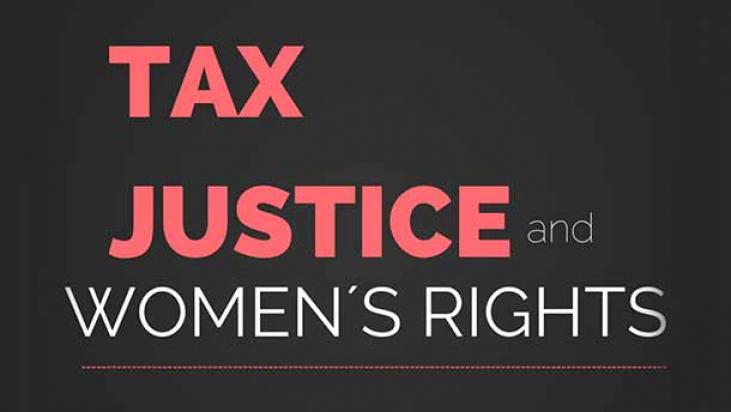Preparing our “#TaxJustice for Women’s Rights” campaign we would like to draw your attention on this very complete webinar & resources page put up by our partner AWID (Association for Women’s Rights in Development), wraping up a webinar organized in 2015 during the Global Week of Action for #Taxjustice. Panelists gathered by AWID, the Center for Economic and Social Rights (CESR), and the Center for Women’s Global Leadership (CWGL) “gave examples of gender bias in taxation and the incidence of VAT on poor women. They contested the male breadwinner model that still dominates taxation policies around the world and that continues to rely on women’s unpaid work”.
Aside from an audio available anytime on AWID’s youtube page, you can also download several presentations, with examples from Africa, Latin, Central & North America: While Radhika Balakrishnan, from the Center for Women’s Global Leadership at Rutgers University, “focused her presentation on how human rights norms can be used to help raise needed resources through taxation by invoking the principle of Maximum Available Resources”, Attiya Waris, from Tax Justice Network, explained “how informal workers -the majority of which are women- are already paying taxes, for example through the VAT, in larger amounts in relation to their income if we compare with what corporations pay”. Corina Rodriguez, from Development Alternatives for Women in a New Era, summarized “the intersection between gender inequality and socioeconomic inequality evidenced in tax policy design”.
You can find more of AWID’s work on Gender & Economic Justice on their website.


